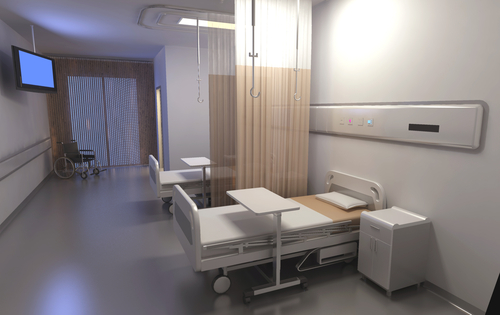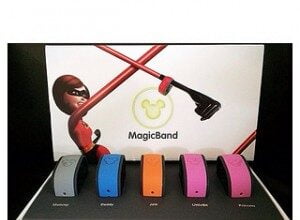
Don’t wait to make end-of-life decisions.
This is a touchy topic and one that most people (medical professionals included here) do NOT like to talk about. But everyone should be urged to think seriously about end-of-life and make decisions according to their personal beliefs and preferences.

Don’t wait to make end-of-life decisions.
This is a touchy topic and one that most people (medical professionals included here) do NOT like to talk about. But everyone should be urged to think seriously about end-of-life and make decisions according to their personal beliefs and preferences.
Talk to your spouse, your parents, your children, your doctors, lawyers, business partners and make sure they know your thoughts. You have no idea how many people die without a will, without leaving their family any idea of their last wishes.
Make a living will or medical directive. There are online sites where you can download these for your state (each state has its own) These decisions are personal, but if you don’t write them down and let others know about them, they won’t be carried out. In case of incapacitation in an accident or emergency, in most instances, the “default” position is to resussitate. If this is your wish, fine. If not, let it be known to your family and fill out the necessary forms in your state. If you are terminally ill, talk this over with your doctor and make sure he/she understands.
Modern medicine has become really great at keeping the terminally ill alive. About 20% of Americans spend their last days in an ICU where the costs are about $10,000 per day. Last year, Medicare paid $55 billion just for doctor and hospital bills during the last two months of patients’ lives. Most Americans spend their last days in a hospital or a nursing home – it’s the path of least resistance.
But this isn’t only about costs, although that’s a big factor. It’s about dignity, suffering, and last wishes and beliefs. And about the default position in the United States being to keep people alive. I have a nursing diploma and have worked as a nurse in the ER, the OR, CCU, and ICU. I have seen people die, heard their last wishes and listened to their families. My mother died after a year and a half battle with Lymphoma; my father after only 4 days in an ICU. I have been friends and collegues with many doctors and have heard them talk about dying, their patients, hospitals, and their thoughts on what they do and what they believe. The medical profession wants to cure and make people well. Doctors want their patients to get better. And for the most part, they are reluctant to discuss dying. So that puts the onus on the patient to approach the subject if he or she wants to do so.
Family members may also be reluctant to talk about end-of-life care. So, again, it is up to the patient to initiate the conversation. There is a new website that I recently read about in a post by Andrew Schorr that guides you step by step through the process of preparation. Forms are there to download and there is also a checklist to follow.
The Engage With Grace movement was started to get the conversation going about end-of-life care. From their website:
“In the summer of 2008, Matt Holt (Founder of Health2.0) and Alexandra Drane (President of Eliza) met with some friends for dinner. Over their second cocktail, they got deep into conversation about these very topics. Many of us live with such intent — why do we put the end of our lives in someone else’s control? Why isn’t this a conversation that people are having? How could we help start it?
And it hit us — What if we could work together to start a viral movement — a movement focused on improving the end of life experience? What if we took responsibility for starting a national (even global) discussion that, until now, most of us haven’t had?
Engage With Grace: The One Slide Project was designed with one simple goal: to help get the conversation about end of life experience started. The idea is simple: Create a tool to help get people talking. “
Take a look, download the slide and answer the questions. And urge your family members and friends to do the same. It’s important!
Many people carry long term care insurance to help defray the costs of end-of-life care. Alternatives are available also, if one wishes. Just check out Dignitas Clinic in Switzerland for another solution.
The point is, whatever your wishes are, make sure they are known. Again, there is a great reluctance to talk about death in the United States, but we will all experience it and it’s best to be prepared.
photo: bed/shutterstock







